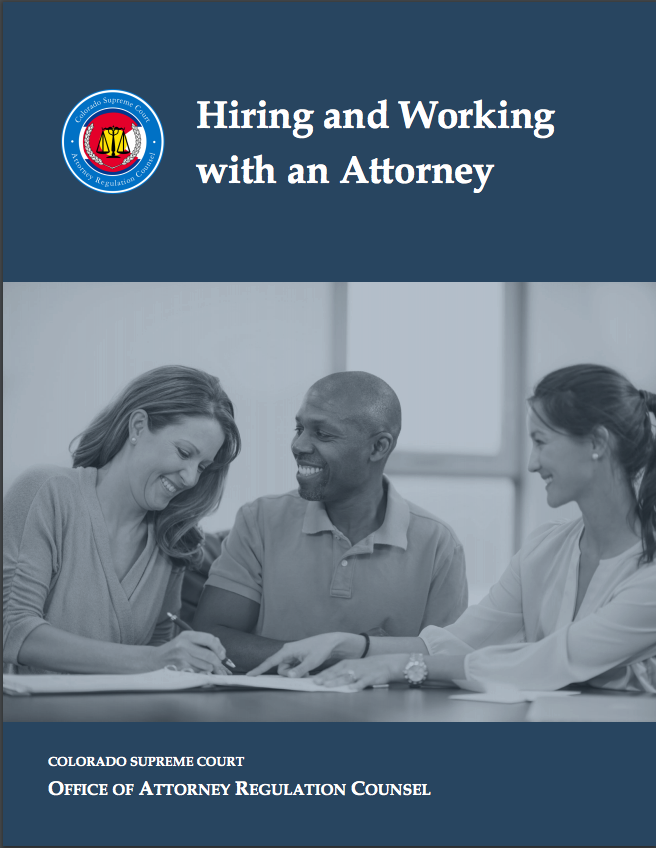It’s no secret that legal disputes can be very costly. When litigating family law matters in court, there are filing fees you must pay. Under the statute, a person seeking a divorce must pay a $230 fee just to have the case filed. But you may not have to pay the filing fee in every case.
In Colorado, you can ask the court to waive the filing fee by filing what is called a “Motion to File Without Payment and Supporting Financial Affidavit.”
Who qualifies for a fee waiver in Colorado?
Basically, fee waivers are designed to lessen the financial burden on litigants who do not have money to pay the court costs associated with family, housing, civil, and small claims cases. Chief Justice Directive 98-01 provides information on the basic eligibility requirements for fee waivers.
How do you file for a fee waiver in Colorado?
According to the Colorado Judicial Branch’s website, there are three main steps for filing for a fee waiver.
First, you need to fill out the JDF 205 (Motion to File Without Payment) form using “correct and complete information.” In addition, you may be asked to provide the following documentation:
- Copies (not originals) of your previous three months of bank statements, including checking and savings.
- Copies (not originals) of your previous three months’ pay stubs and/or proof of income.
Second, you need to fill out the JDF 206 (Finding and Order Concerning Payment of Filing Fees) form. You only have to fill in the top part of this form — the court will fill in the rest of the Order.
Finally, you need to file both your completed JDF 205 and JDF 206 forms at the same time you file your other court documents.
Once submitted, the court will do one of three things: (1) waive your fees; (2) help you set up a payment plan; or (3) deny your motion, and you will be responsible for the fee.
A schedule of the current filing fees can be found here.
For legal help with your divorce or custody case at an affordable flat rate in Colorado, schedule your consultation today.
———–
This website includes information about legal issues and legal developments. Such materials are for informational purposes only and may not reflect the most current legal developments. These informational materials are not intended, and should not be taken, as legal advice on any particular set of facts or circumstances. You should contact an attorney for advice on specific legal problems.
Lauren Lester is an affordable family law, estate planning, and probate lawyer licensed in Colorado.











